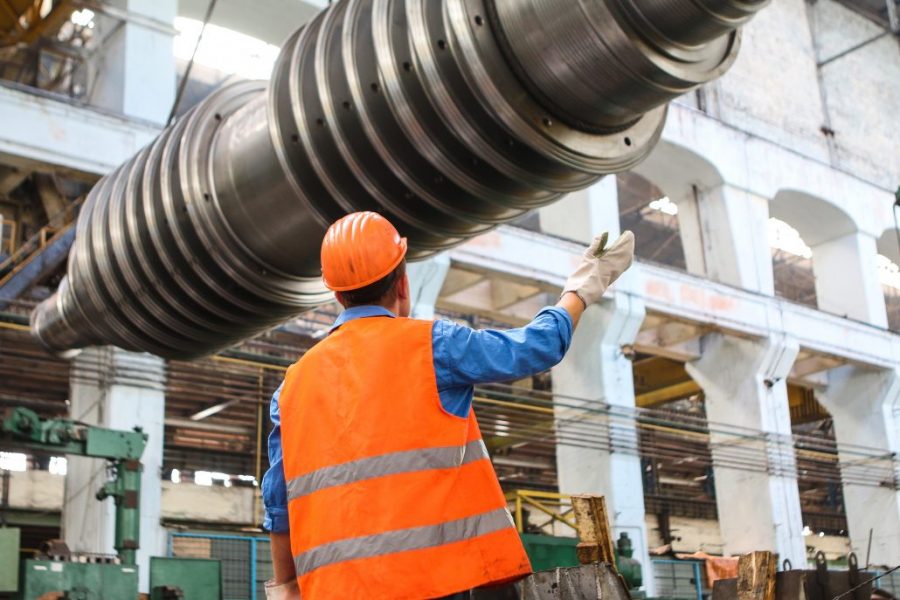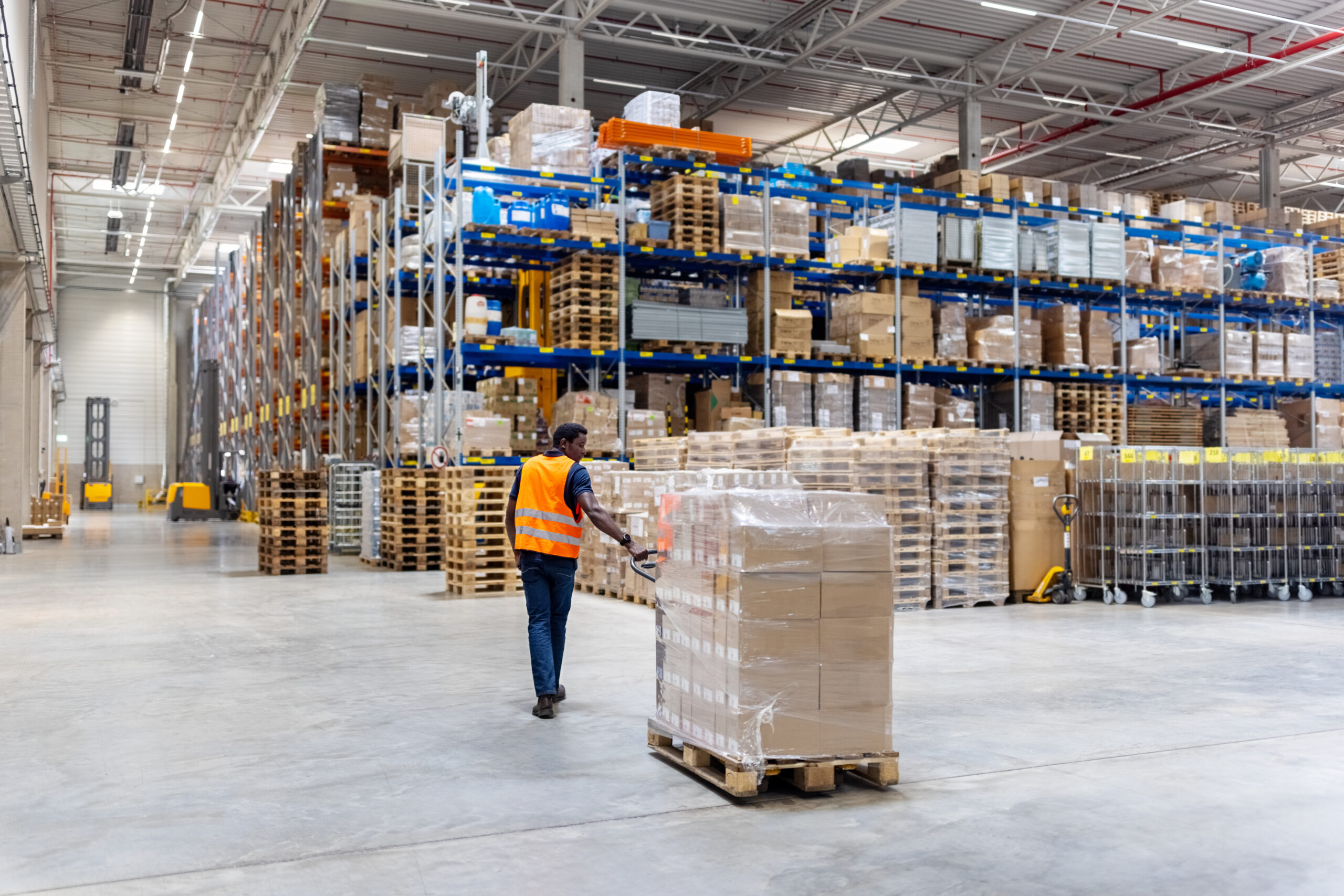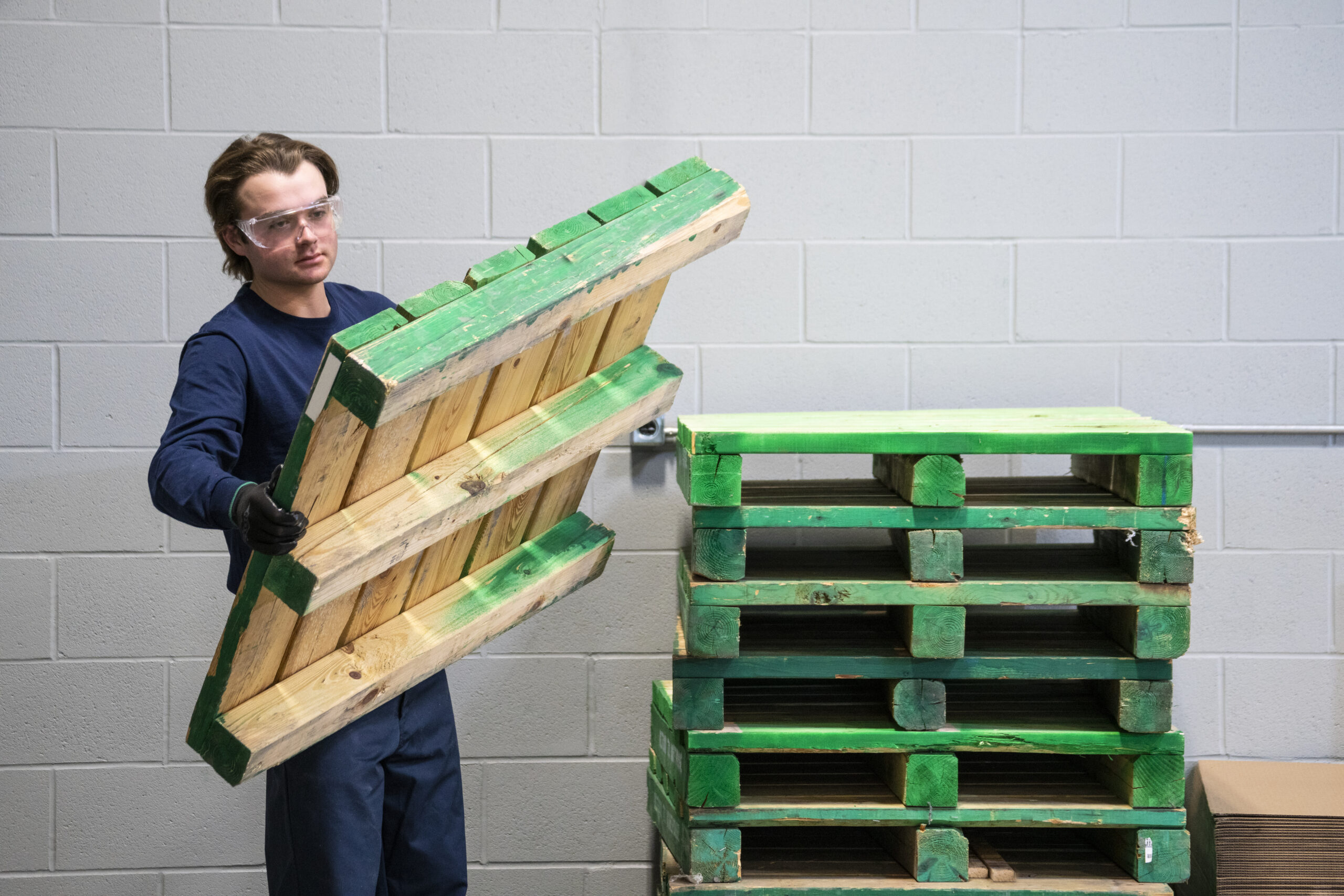Where is Health & Safety Heading?

As health and safety professionals know all too well, the standard for a safe workplace is forever changing. As we learn, grow and discover new technologies, the goalposts continue to move, and the world expects tighter safety regulations as a result.
In this ever evolving landscape, how can we ensure we stay ahead of the curve? How can we continue to deliver the environment our workforces deserve and have come to expect?
We take a look at the emerging technologies and practices that will shape the coming year, and how you can start to implement them in your own workplace.
Five key trends for health and safety managers
1. Smart technology
As offices become obsessed with smart technology that automatically turns on lights / books meeting rooms / makes triple macchiatos with extra whip, we started to wonder how health and safety managers can leverage similar technology to keep everyone safe.
Aside from all the usuals (tracking visitors, employees and contractors movements on and off-site), some people presence software providers can also give you valuable safety insights without anyone needing to lift a finger.
WhosOnLocation is a prime example. Using their powerful ‘Triggers’ feature, you can receive all sorts of alerts, such as:
- When only one person is left on-site
- An employee / contractor signs in to start work in a hazardous zone
- An employee / contractor is overdue to finish work
- A contractor’s qualification / induction / insurances are about to expire
- Someone has tried to sign into a site without the proper training
2. Employee Wellness
As our collective understanding of mental health grows, the importance of a healthy workplace and work / life balance comes into focus.
In industries where preventing loss of life is a top priority, mental health is starting to creep into the agenda – particularly in male-dominated environments.
It’s not just about keeping your workers safe, though. More and more companies are realizing that happy staff are more productive and more likely to stick around. Here are some ideas as a starting point:
- Flexible start and finish times
- Free or subsidised fitness classes, held on-site
- Healthy lunch and snacks
- Promoting a ‘bring your whole self to work’ culture, and checking in on staff regularly
- Naps (yes, really!)
3. Drones for inspection
Drones are a fantastic tool for minimising risk before a job is carried out. Need someone to inspect hazards in a hard-to-reach place? Sending a drone in first can help prevent injury or loss of life in unstable environments, allowing you to assess the situation from a safe distance.
4. Augmented reality
Similar to drones, augmented reality can help you assess hazards and visualize a space in a virtual way. This technology is particularly useful for assessing pipes buried deep within walls, or underground tunnels that are difficult or dangerous to access.
Although this technology might not be as accessible as most at the moment, this is definitely one to watch for the future.
5. Geofencing
Geofencing has been a hot topic for a while, but have you found a practical way to incorporate this technology into your workflow yet?
Geofencing is particularly useful as a way to automatically capture who is on-site at any given time. With the best will in the world, employees and service providers are likely to forget to sign-in or out for work from time to time, or not bother if they’re ‘just popping in to collect something’.
These human behaviours leave you vulnerable as a health and safety manager, as you quickly lose sight of who is in your duty of care should the worse happen.
Purchase NASP’s Certified Safety Manager Course
Related Posts




